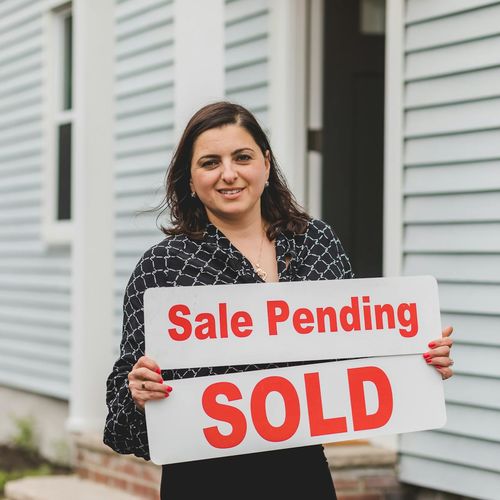When you're buying a home, it's easy to focus on the big numbers—like the sale price and down payment. But what many buyers don’t realize is that there are several lesser-known costs that can take a bite out of your budget. If you’re not prepared, these hidden expenses can quickly add stress to what should be an exciting milestone.
To help you stay financially ready, here’s a breakdown of the most common hidden costs of buying a home—and how to budget for them the smart way.
1. Closing Costs
These are the most significant hidden fees, usually totaling 2% to 5% of the purchase price. Closing costs include:
- Loan origination fees
- Title searches and insurance
- Appraisals
- Attorney and recording fees
- Prepaid taxes and homeowners insurance
Tip: Ask your lender for a Loan Estimate early in the process so you know what to expect.
2. Home Inspection Fees
Most buyers pay around $300–$600 for a general inspection—but additional specialty inspections (like radon, mold, or sewer line checks) can cost more. These inspections are essential for uncovering issues before you close.
3. Appraisal Fees
Lenders require a home appraisal to confirm the property's value. This usually costs between $400 and $600 and is a necessary step to secure financing.
4. Escrow Prepaids
In addition to your down payment and closing costs, you’ll likely need to prepay several months of property taxes and homeowners insurance into an escrow account at closing.
5. Moving Costs
Whether you're hiring movers or renting a truck, the logistics of moving can cost hundreds—or even thousands—of dollars. Don't forget to factor in boxes, packing materials, and time off work.
6. Utility Deposits & Setups
New homeowners often face utility activation fees and deposits for services like electricity, water, gas, and internet. These costs are often overlooked but essential to factor into your first-month budget.
7. Maintenance & Repairs
Even in a move-in-ready home, repairs and maintenance are part of ownership. From leaky faucets to landscaping tools, experts recommend setting aside 1% of your home’s value each year for maintenance expenses.
8. Furniture & Home Necessities
Once you’re in your new place, you may realize you need more furniture, window treatments, appliances, or home essentials like ladders, lawnmowers, or security systems.
9. HOA Fees
If your new home is in a homeowners association, monthly or annual dues are required. Be sure to ask about current fees and whether any special assessments are planned.
How to Budget Smart for Homeownership
- Create a realistic budget that includes more than just your mortgage.
- Review your Loan Estimate carefully to understand true closing costs.
- Ask your agent about typical local expenses, like property taxes and HOA dues.
- Build a buffer for the unexpected—having an emergency fund can reduce stress.
Bottom Line
There’s more to buying a home than just the purchase price. By understanding and planning for these hidden costs, you’ll be better equipped to manage your finances and enjoy the experience of homeownership with confidence.



